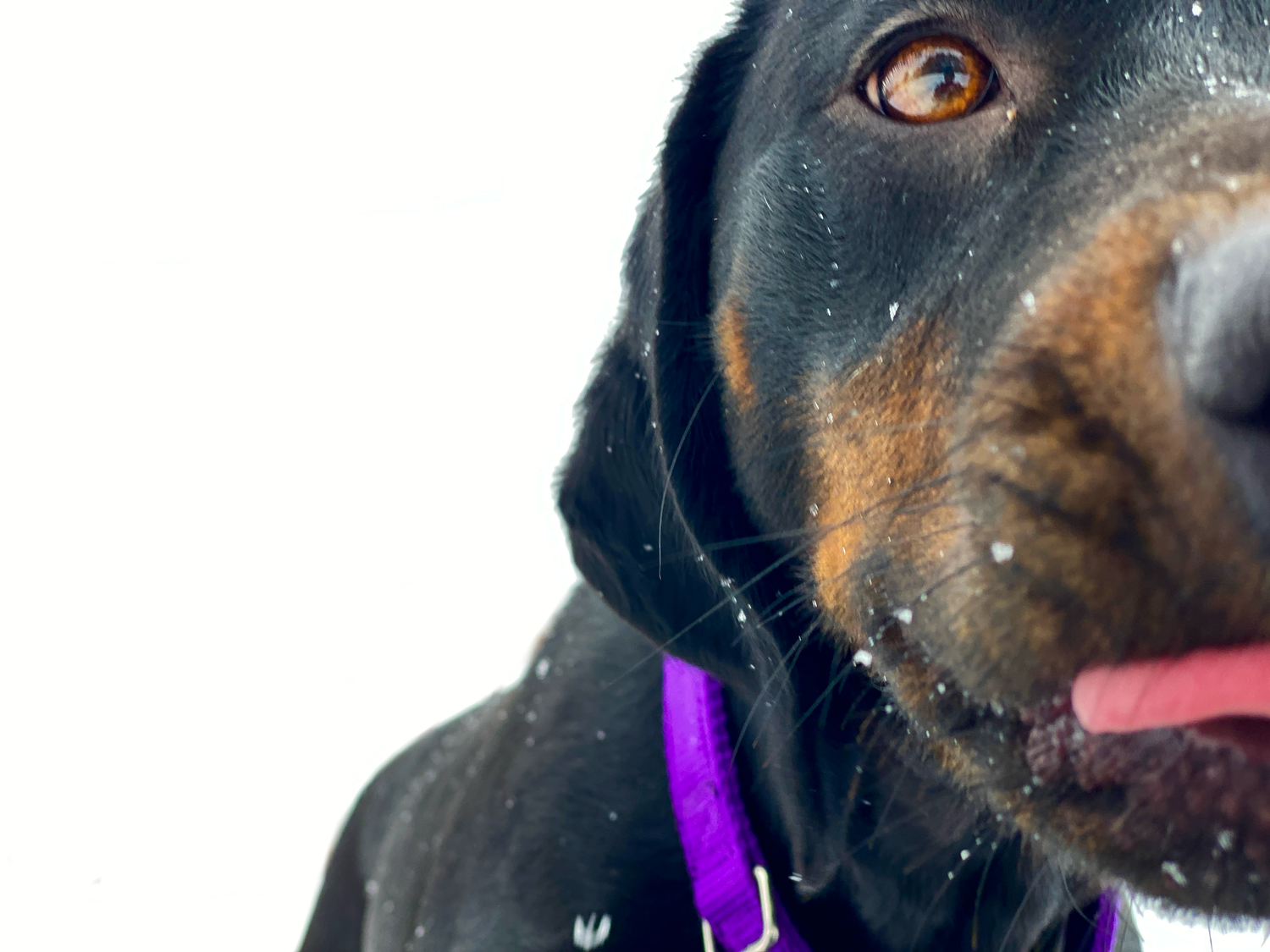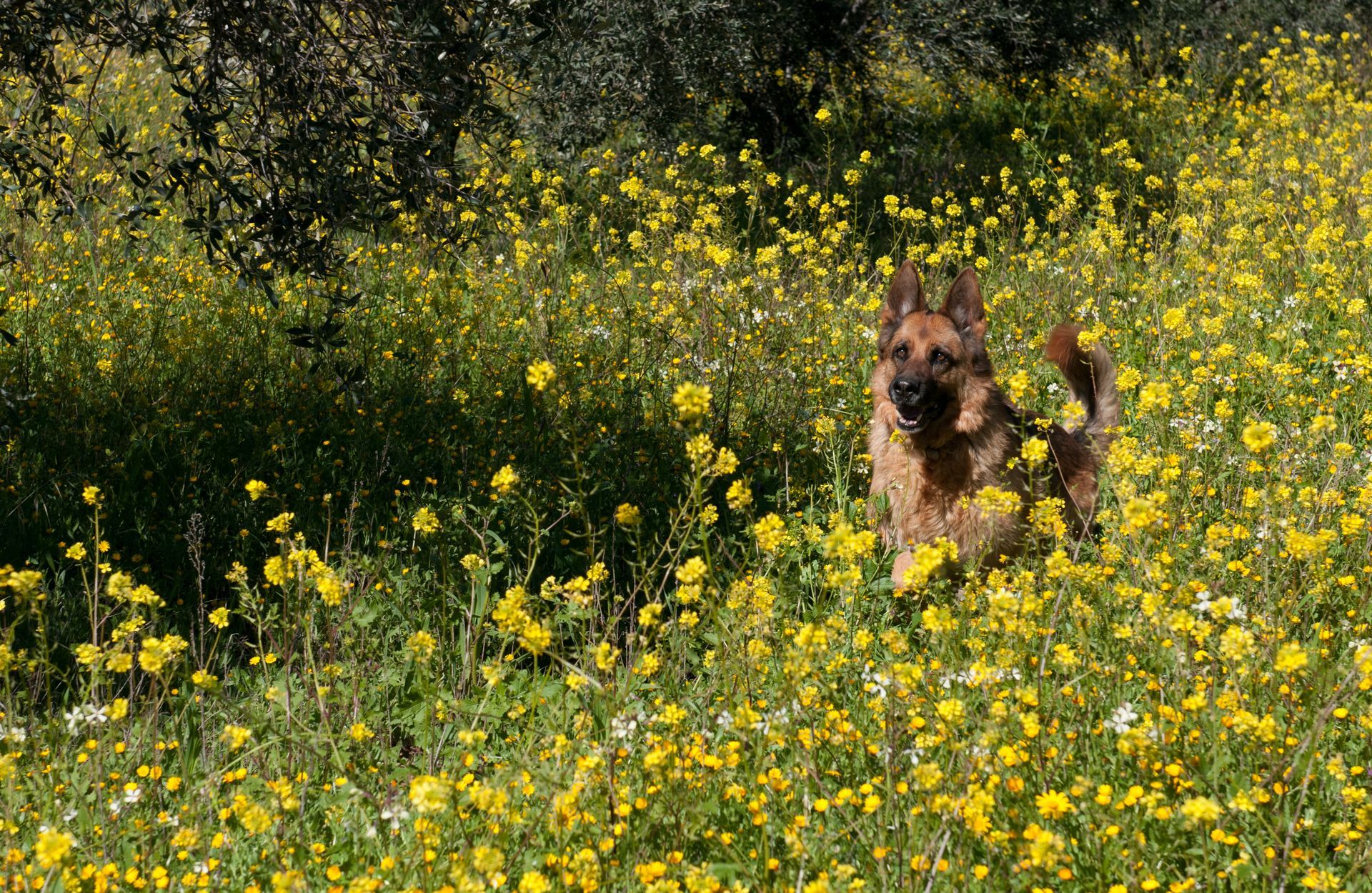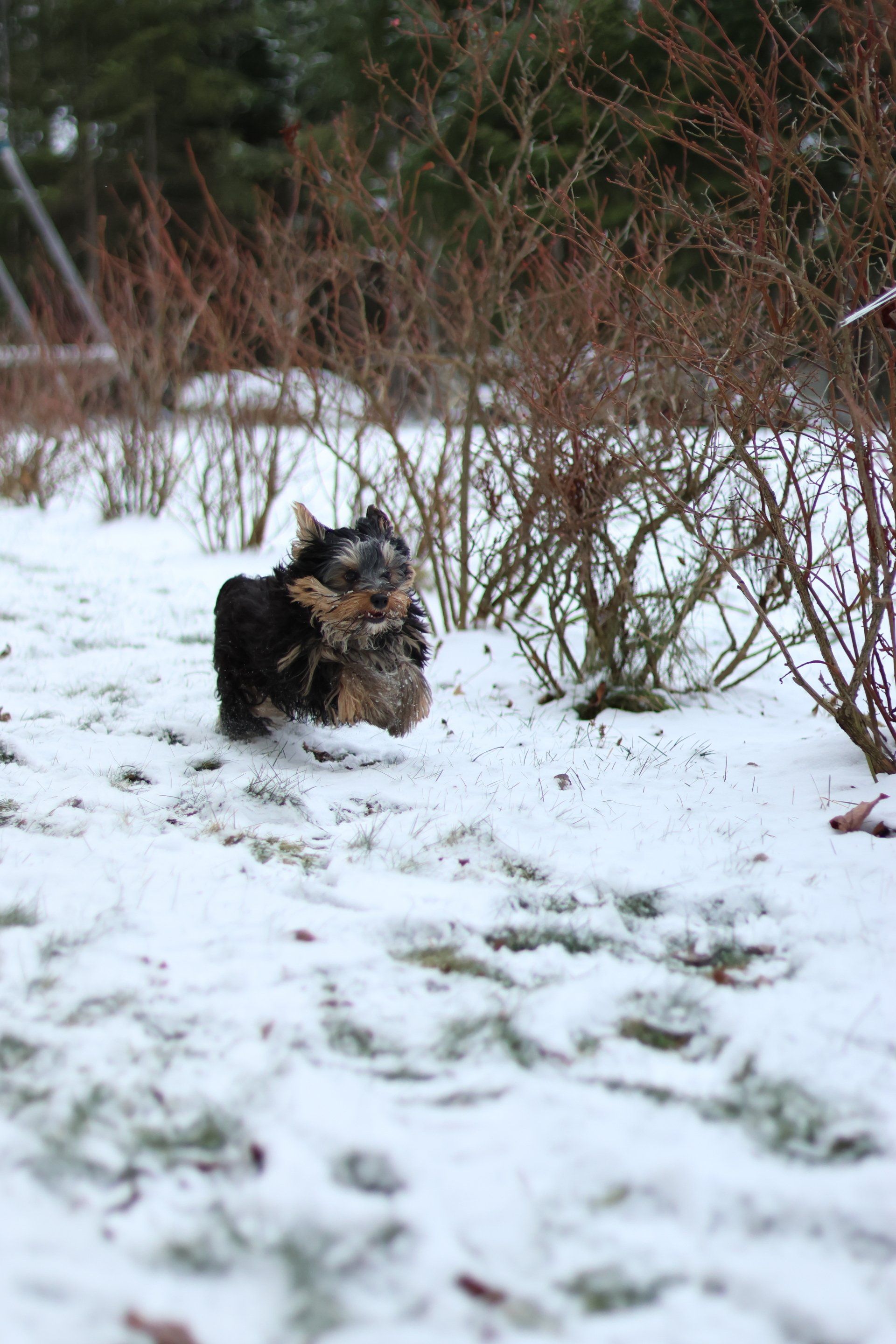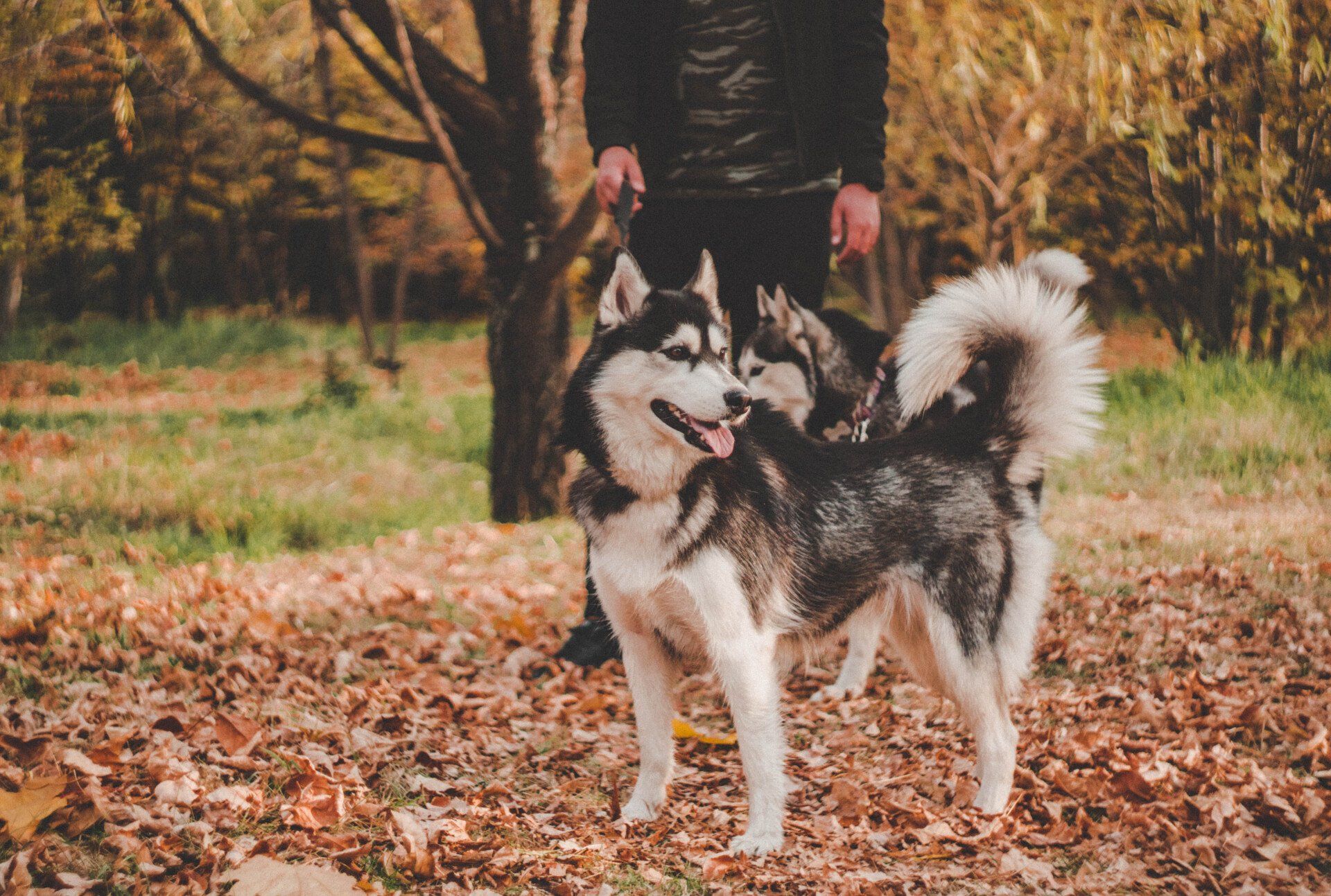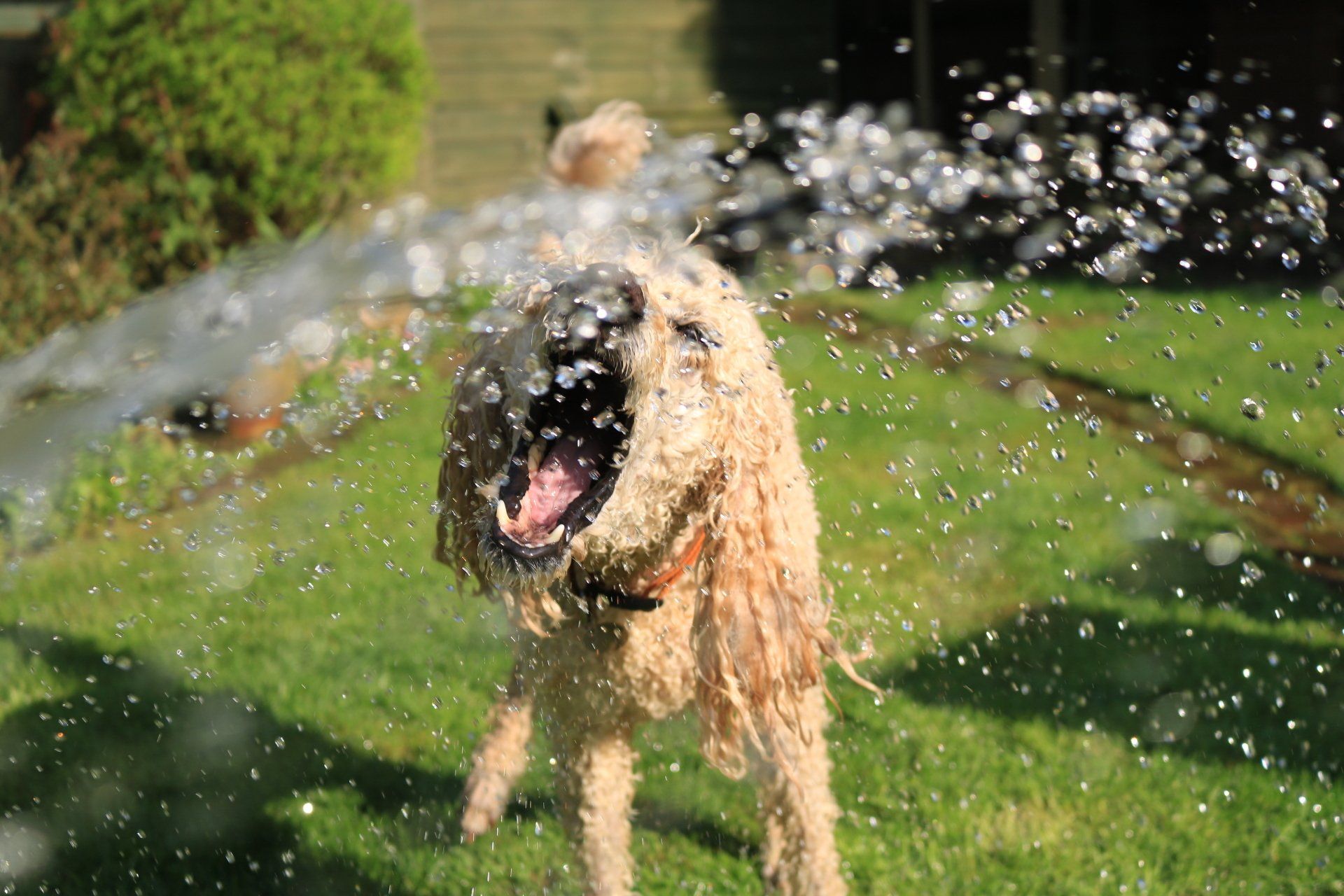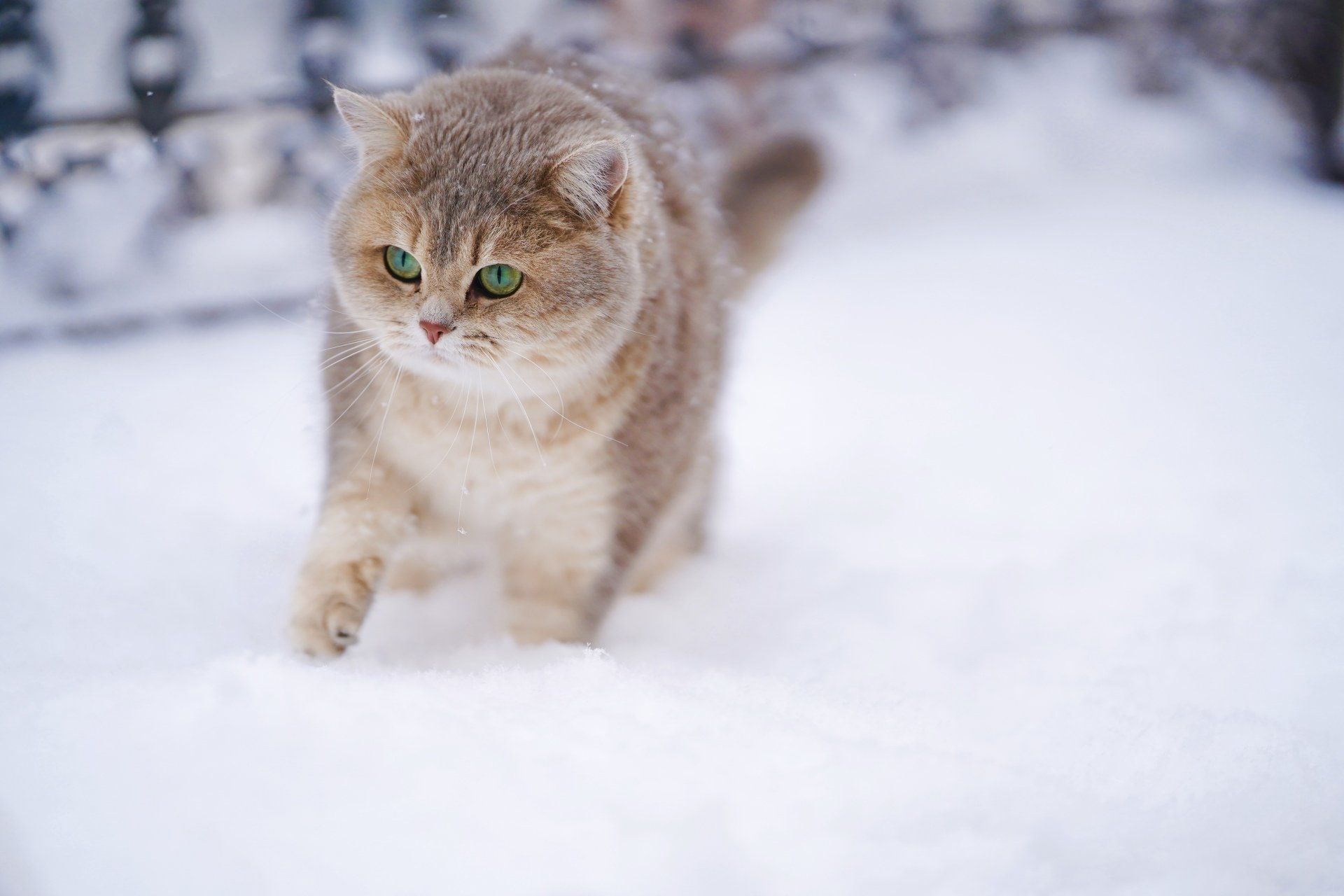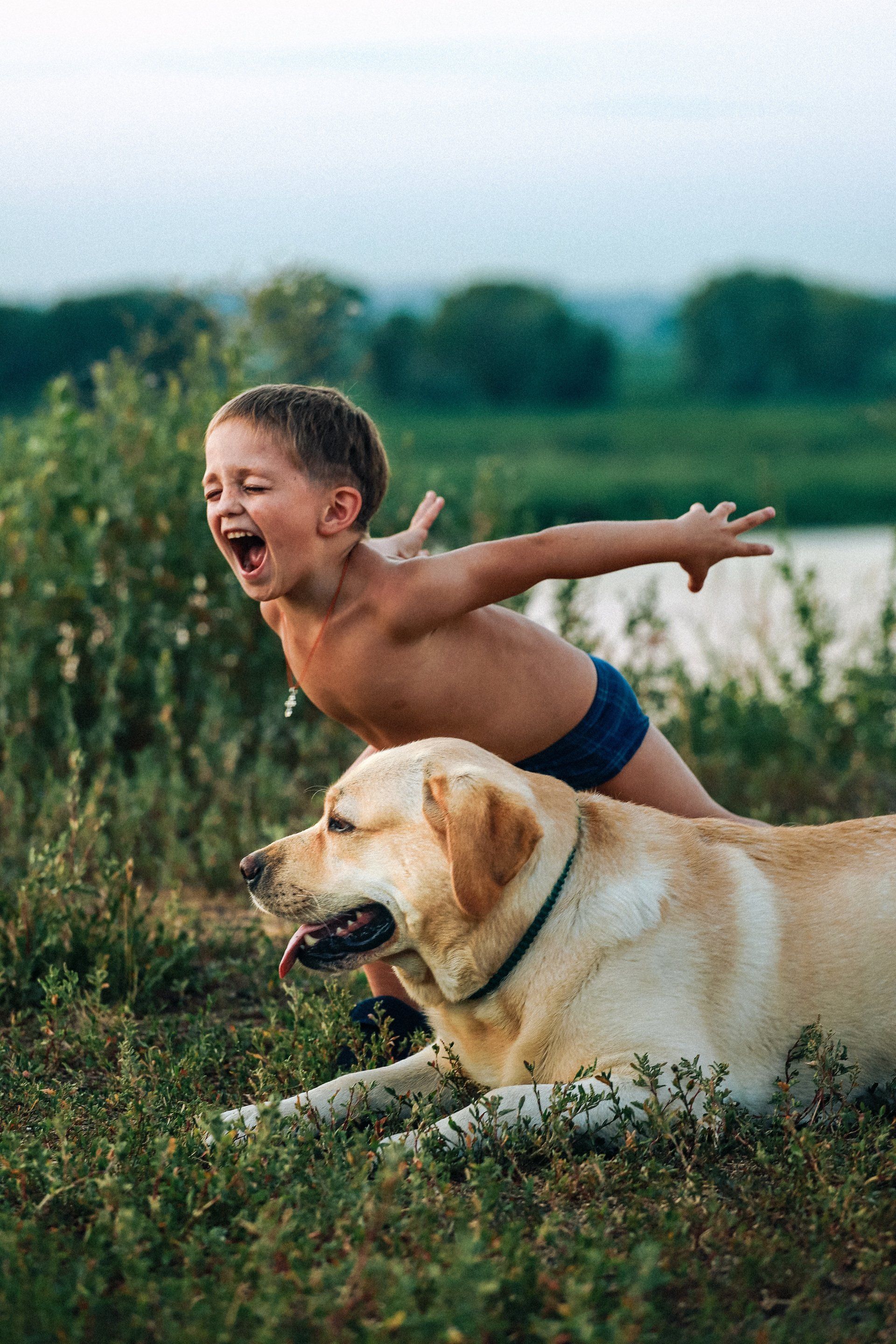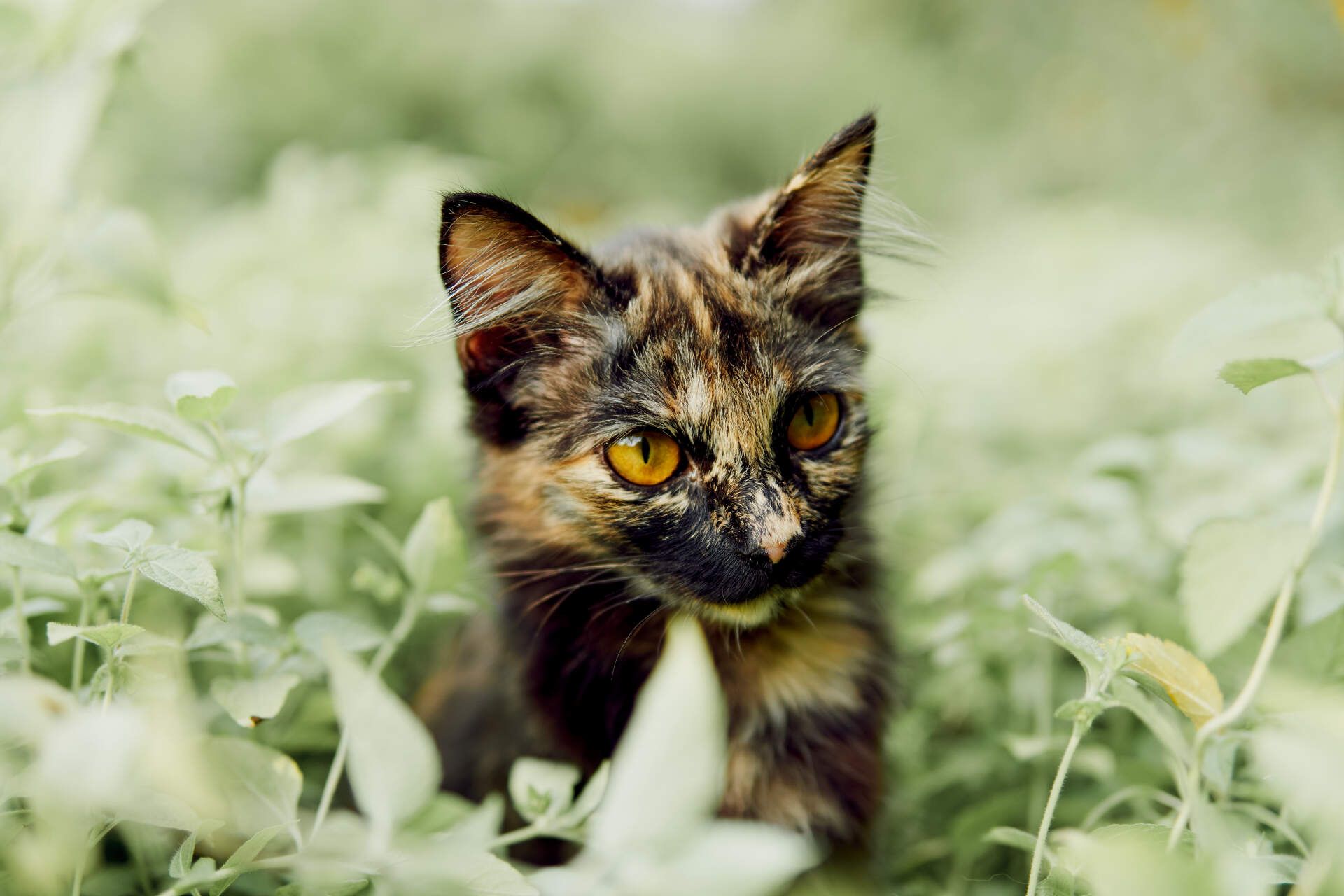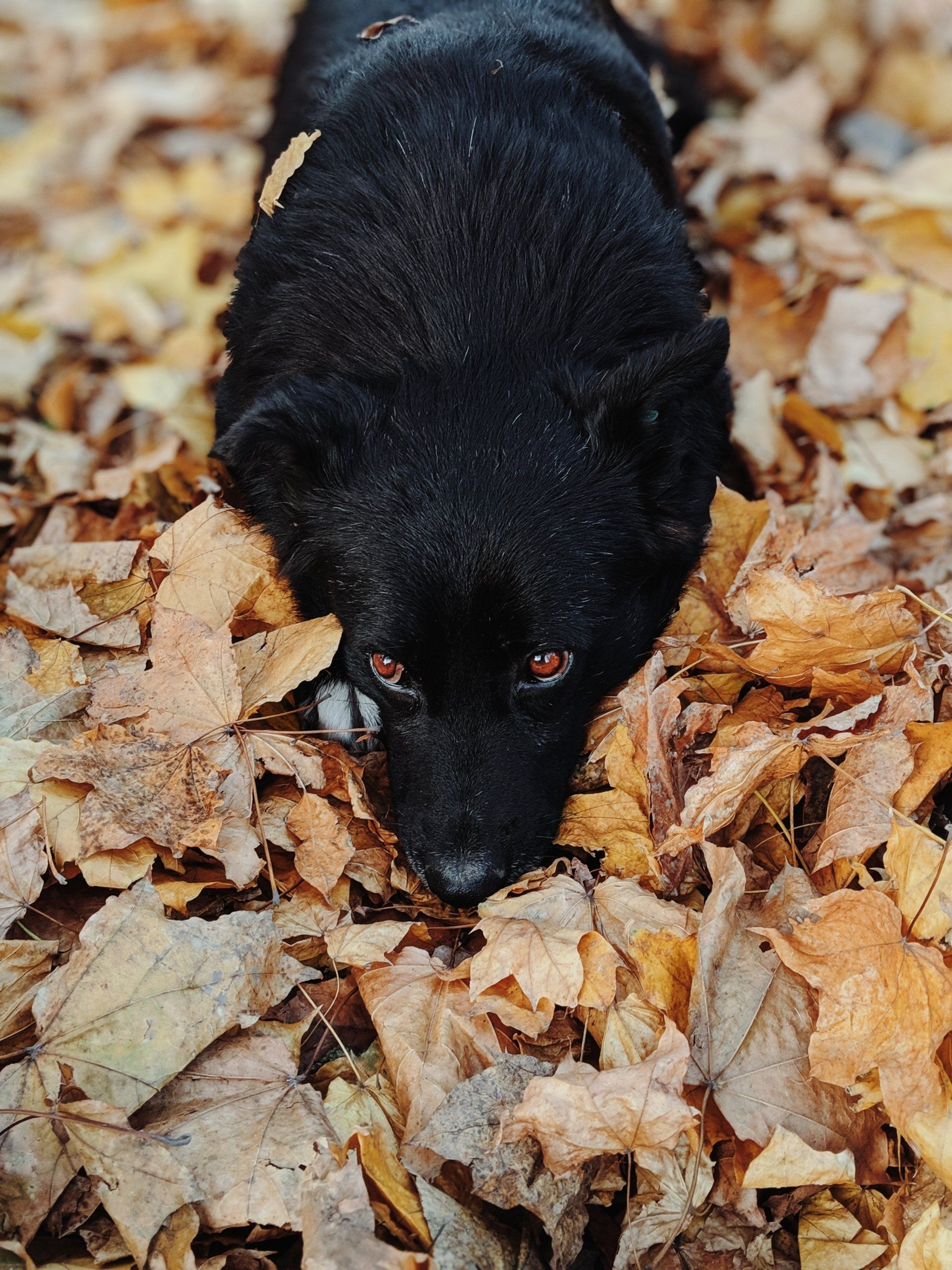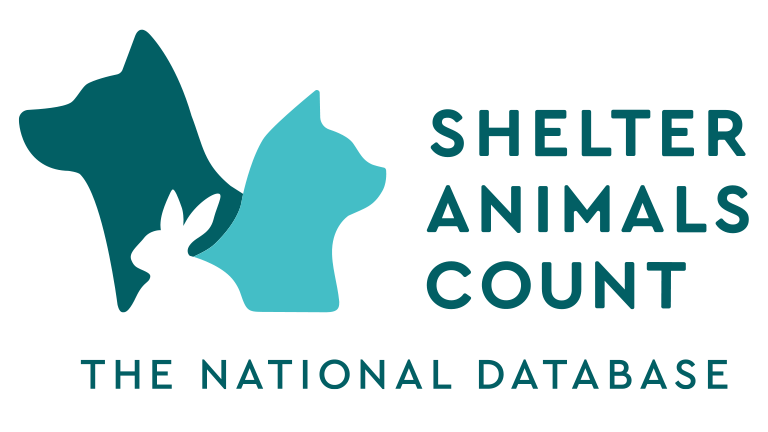Gardening Safety for Your 4-Legged Friends
Gardening Safety for Your 4-Legged Friends
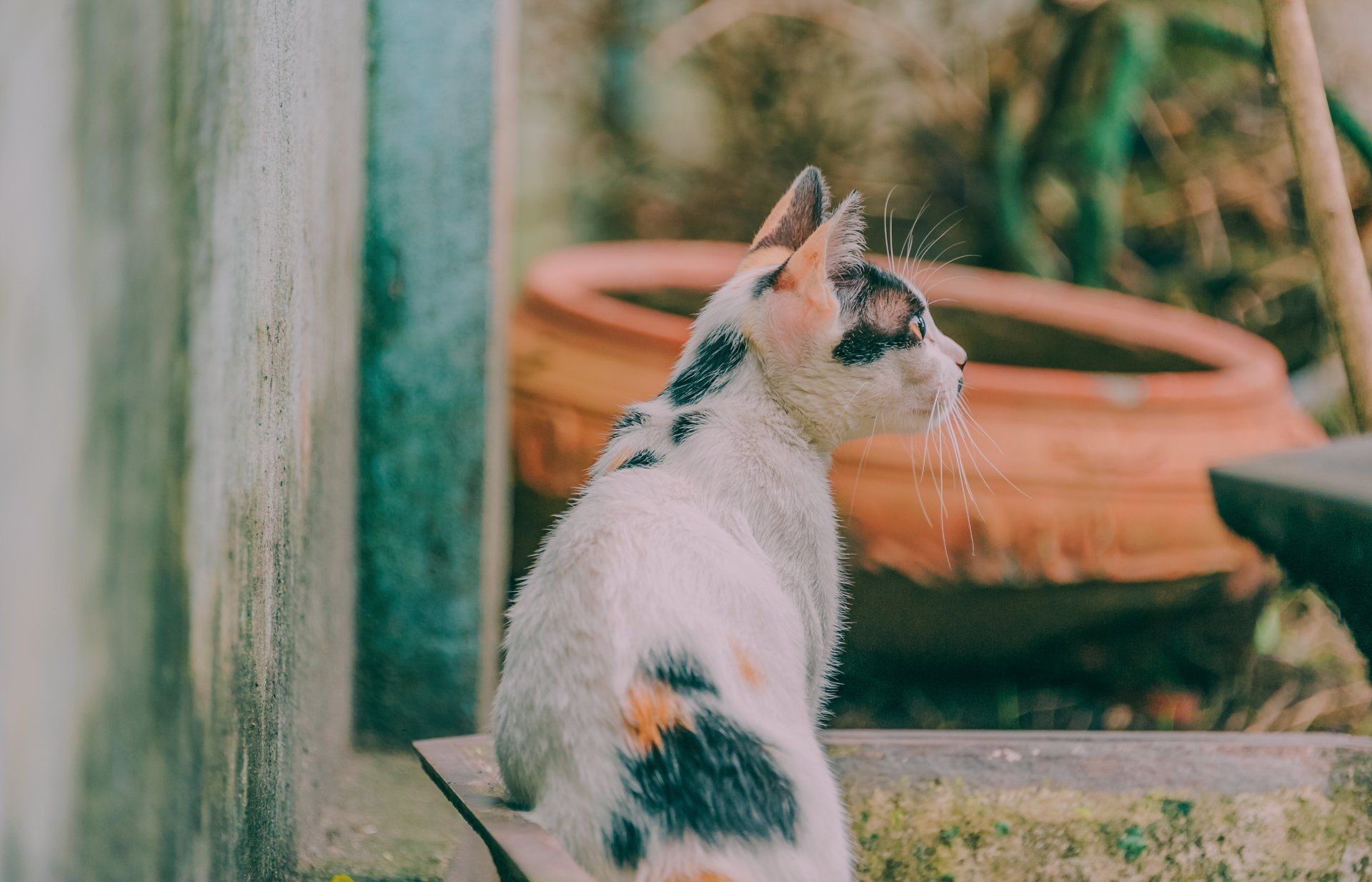
Summertime is here!
It’s been a harsh, cold winter and the longer, warmer days bring a sense of being happy and carefree! There are more opportunities to be outside with your beloved furry friends and while you’re taking advantage of longer, more enjoyable walks, they are taking advantage of so many new smells. It’s also a time when many of us get involved with gardening and lawn maintenance. There are some important things to keep in mind regarding springtime, gardening and our four-legged friends.
Springtime brings flowers and while we may be attracted to their colors, our dogs and cats are attracted to their fragrance. Beware! There are several that are toxic to pets. Daffodils can cause severe vomiting, diarrhea, abdominal pain and possibly respiratory distress in dogs and cats. Tulips and Hyacinths are flowers that grow from bulbs and the bulbs contain a substance that is toxic to dogs. Dogs that like to dig should be kept away from these plants as biting into a bulb can cause excessive drooling, vomiting and even diarrhea. Lilies, common especially around Eastertime, and some of the first to bloom in gardens in the summer, are particularly fatal to cats. Easter lilies, Asiatic lilies and others in the Lilium group are the hazardous culprits. These are so toxic to cats that severe kidney failure can develop quite quickly if a cat bites into a lily leaf or petal, licks lily pollen from its paws, or drinks water from a vase holding lilies. This kidney failure can come on quickly and requires immediate veterinary attention. Calla lilies and Peace lilies are not of the Lilium family and do not cause harm to animals. A type of Crocus which blossoms later in the season called the Autumn Crocus can be very harmful and even fatal to our pets.
Pesticides and insecticides are other products of which we should be aware. While they usually cause only mild irritation if ingested by our dogs or cats, the concentrated forms can be quite harmful. Fertilizers like bone or blood meal help our outdoor plants grow but it’s important to remember that dogs enjoy the scent and taste of these products and ingestion can cause vomiting, diarrhea and gastric obstruction. Some fertilizers can be very toxic. One example is a rose fertilizer that contains a chemical called disulfoton. An amount as small as a teaspoon of this can be fatal to a medium-sized dog. Generally, lawn fertilizers are reasonably safe when applied correctly according to instructions. A good practice is to keep pets off the lawn until any liquid fertilizer is dry or until a dry fertilizer has worked into the soil.
While devoting time to healthy lawns and flower gardens is a great pastime, we also need to keep in mind the health of our beloved dogs and cats as well. Keep containers of lawn care products out of the reach of pets. Save labels or containers so that if your pet does ingest something, this information will help your veterinarian find the best treatment. In addition to your own vet, a good resource with which to be familiar is the Pet Poison Helpline. This is a service that is available 24 hours a day, seven days a week. While there is a charge to call this organization, the website has a lot of good, free information. Bookmark it as one of your favorites for easy access: www.petpoisonhelpline.com/pet-owners. (It’s the source we used for this article.)
Yes, spring and summer are times for being outside and enjoying sunshine and fresh air! And it’s also a time to keep our four-legged friends safe and healthy so we can enjoy their company on those nice long summer days filled with walks, hikes and napping in the hammock!

